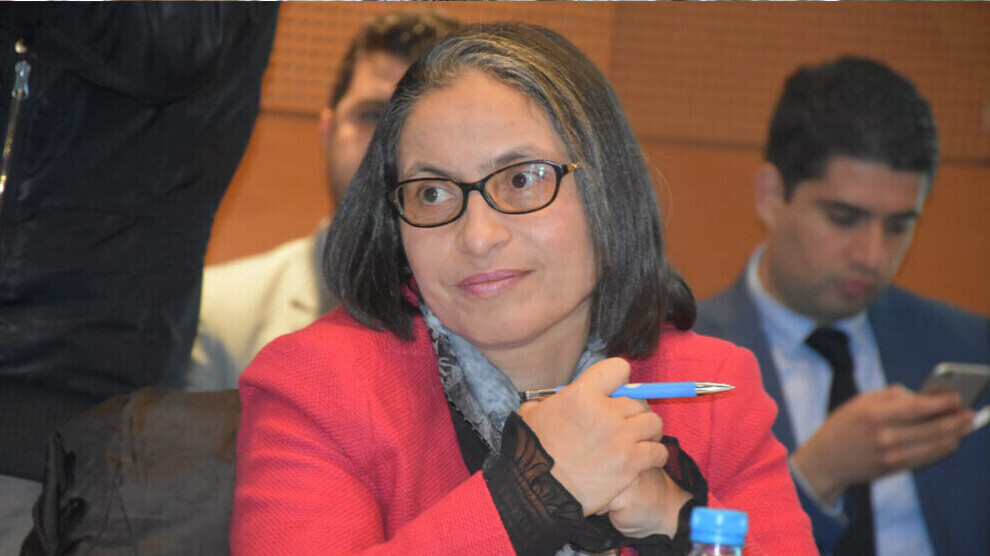Raja Kassab: Moroccan women workers should make more efforts for their rights
Raja Kassab, a member of the Democratic Confederation of Labor (CDT) says that Moroccan women workers should make more efforts to improve their working conditions.

HANAN HARİTE
Morocco- Moroccan workers celebrated International Workers’ Day on Sunday, May 1, like workers all around the world and demanded better working conditions. Raja Kassab, a member of the Democratic Confederation of Labor (CDT), one of the largest unions in Morocco, spoke to NuJINHA about women workers’ rights in the country. Stating that Moroccan women have proven themselves in the labor force, Raja Kassab said that women have taken part in many decision-making positions but they should make more efforts to improve their working conditions.
The law doesn’t prevent violence against women in the workplace
Underlining that women workers face more discrimination in the workplace, Raja Kassab said, “Women working in agriculture and factories are paid less than men.” Pointing out that Morocco has a law preventing gender violence in the workplace, she emphasized that women are still subjected to many forms of violence in the workplace despite the law.
Call on the government
Raja Kassab called on the Moroccan government and parliament to ratify ILO Convention No. 190, the first international treaty to recognize the right of everyone to a world of work free from violence and harassment, including gender-based violence and harassment. “The ratification of the convention by Morocco will be a positive step for the Kingdom to involve in the international human rights system, which would contribute to creating a safe environment at the workplace and provides the necessary protection for female workers, workers, and other persons in the world of work. Women do all of the household chores but they are unpaid. Working women have to do household chores when they return home after working the whole day while men go to cafés or the gym after work.”
Social and cultural obstacles,
Speaking about women’s participation in labor unions, Raja Kassab said that the number of female members of the unions is very high although there is no accurate statistics on the number of women. “Although the number of female members of the unions is very high, the women face social and cultural obstacles to participate in the decision-making positions of the unions,” she emphasized.
Commenting on how women’s participation in the labor force can be increased, she said, “Laws should be enacted to encourage women’s access to decision-making positions. We need a national mechanism to activate the legal rights of working women.”
